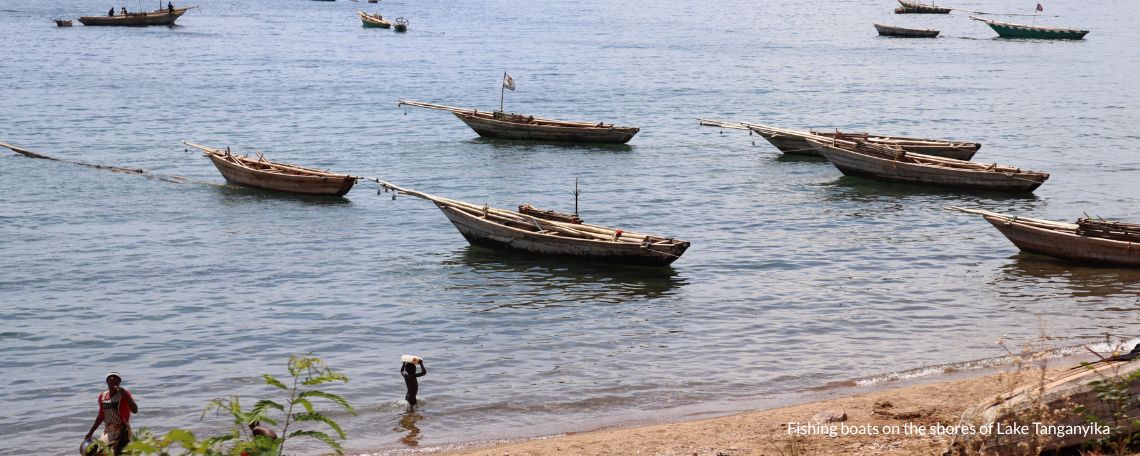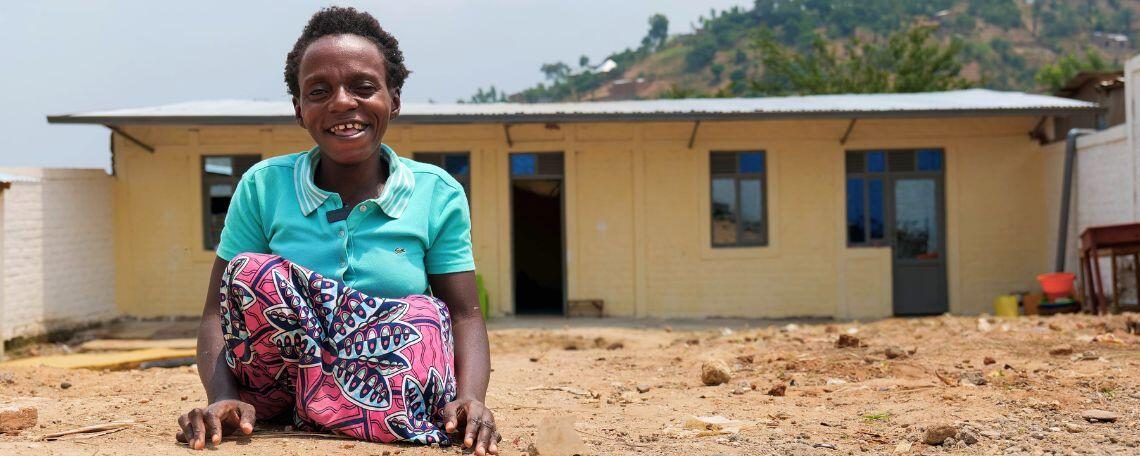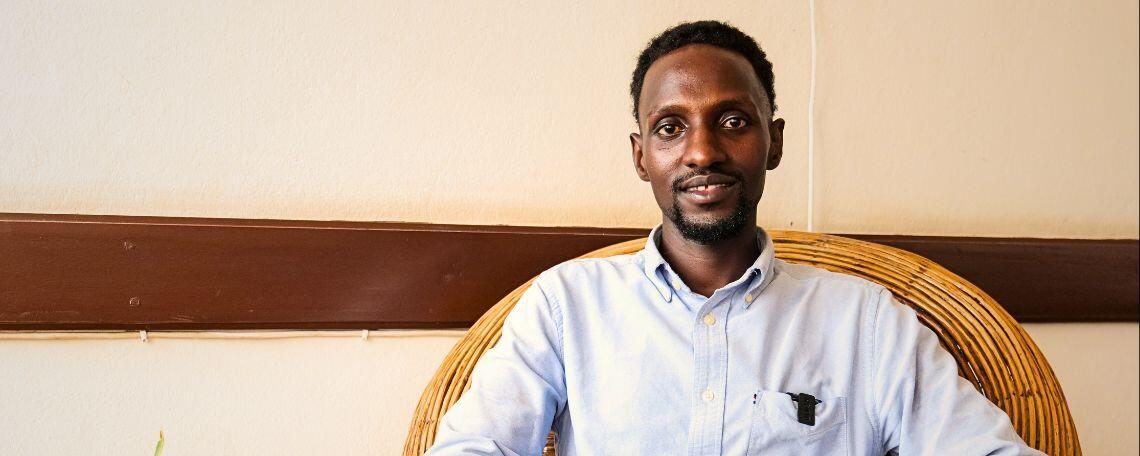Irène* slipped out of her home, onto the bustling streets of Nyanza Lac. We’re not sure what happened next. Did the teenager get into a waiting car? Did she board a bus? A boat? Whatever it was, Irène didn’t return home that night.
It wasn’t the first time Irène had disappeared, nor the first time this family had suffered a mysterious loss. Laurent*, Irène’s older brother, will never forget how each of his parents left, one after the other. He doesn’t know if they abandoned the family, or if they were killed, but he had to step up into a parental role for his five siblings. They survived by begging, squatting in any scrap of shelter they could find.
This vulnerable family were a prime target for human trafficking.
Nyanza Lac is a fishing town in southern Burundi, close to the Tanzanian border. Despite a strategic location with ample passing trade, the people are poor. The community is overshadowed by deep-rooted issues: witchcraft holds power over the vulnerable, scars from multiple wars linger, a thriving sex trade serves the transient fishing community, and job prospects are limited. It’s also a common spot for returning refugees, who often encounter a plethora of issues. They may discover that family land has been claimed, or children born abroad cannot speak their mother tongue, or that they are shunned by their countrymen.
Such issues are fertile ground for traffickers, who are well-organised and tactical, targeting single mothers or vulnerable children – usually naive and desperate. They are transported across borders under fake identities and forced into domestic servitude, tobacco farming, or illegal mining operations. Sexual violence is heartbreakingly common. Many disappear without a trace.
Irène was just 13 when she first fell victim. She returned after six months, clearly traumatised and refusing to speak of her experience. She was likely enticed by the false promise of well- paid work in Tanzania – modern slavery often disguises itself as an opportunity.
Together for Development Birashoboka (TfDB – Birashoboka means it is possible) seeks to protect the vulnerable, restore dignity, and bring Christ’s love into the darkest corners of this society. They are taking a stand against the scourge of trafficking. Over the years, they have rescued nearly 600 trafficking survivors, offering them trauma healing, vocational training, and a path toward independence.
Of those rescued, 116 women and youth were trained in sewing, joined microloan savings groups, and began to rebuild their lives with dignity. Laurent is one of that number. He took their sewing classes and excelled. The team were moved by his story and saw that his family had a clear need. They purchased land and built a small home for Laurent and his siblings – the first roof over their heads in more than a decade.
“For the first time in years, we had a place to call home. TfDB didn’t just teach me a skill—they gave me back my family.”
You might wonder why Irène would choose to return to such an awful life. She was likely sent on a ‘recruiting drive’ with the promise of money in exchange for winning the trust of more young girls and introducing them to traffickers.
And so TfDB’s work has explored new approaches to combat this. In a very private culture, where topics like this are avoided in conversation, raising awareness is an effective tool.
Leader Ephraim’s strong relationships with local churches come in useful. “In Burundi, most people attend church. It’s a powerful place to raise awareness,” Ephraim says. With the help of churches, TfDB hosts seminars and shares the testimonies of survivors.
“We don’t only preach salvation but also protection, justice, and restoration.”
Beyond the pulpit, TfDB also works with local authorities, training them to identify and respond to different types of trafficking.
The situation may feel insurmountable, but TfDB continues its courageous work, trusting God to heal broken lives and bring justice to the oppressed.
“Our mission is not just social, it’s spiritual,” says Ephraim. “We believe the gospel transforms everything: hearts, communities, and systems. And we will keep going until every child and every woman knows they are valued, protected, and loved.”



These are really touching articles,